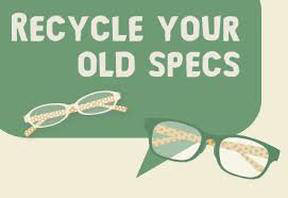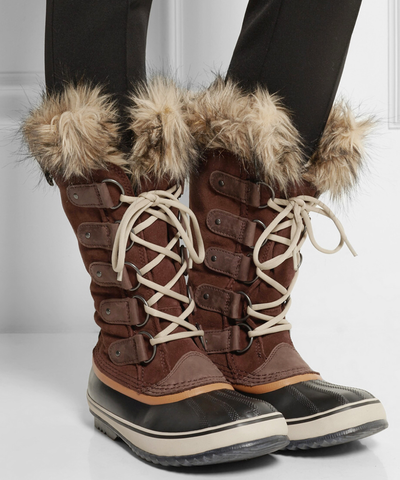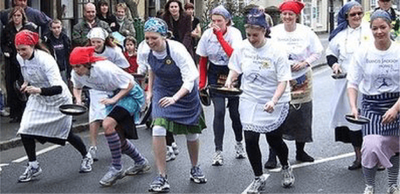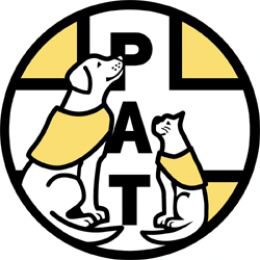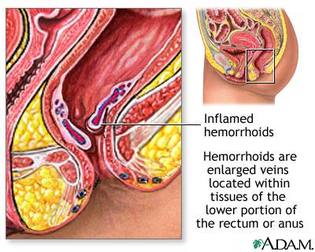 Today we are talking haemorrhoids so get the giggling over before we start! Hemorrhoids, spelled as haemorrhoids in the UK, are also commonly referred to as piles. The mere mention of this condition can result in hoots of laughter, but not for the person who has piles. This condition can cause embarrassment, pain and more but it does not have to be like that. These days haemorrhoids can be successfully treated quickly by over the counter remedies; in the long term though further treatment may be necessary. During the current coronavirus #StayHome inactivity and changes in diet you could end up with problems with piles. Haemorrhoids can occur in a woman during pregnancy, a young person or more commonly an older person. Many people develop haemorrhoids so really there is nothing to feel embarrassed about. As with most medical conditions diagnosis is key. The signs and symptoms of haemorrhoids could be indicators of more serious health problems and so confirmation by a health-care professional is advisable, if not essential. What are haemorrhoids? Haemorrhoid is the name used for the swelling or inflammation of the veins around the anus. This can also happen in the rectum. The veins may become very large, itchy, painful and bleed from time to time. In some cases passing stools will be very painful and further bleeding may occur. Haemorrhoids are sometimes described as varicose veins. Haemorrhoids may be present internally, externally or both. What causes haemorrhoids? The possible cause of haemorrhoids could be:
How to know if you have haemorrhoids In general the signs and symptoms of haemorrhoids may include:
Initially you may notice only one or two of the signs and symptoms of haemorrhoids as detailed above. Seeking a medical diagnosis is important as some of these symptoms could indicate a more serious illness, such as cancer, or be an indicator of other bowel problems. In particular passing blood when you open your bowels could be worrying. However once you have the correct diagnosis there are many treatments available which should improve, or maybe cure, your haemorrhoids. Certainly a good diet is a must. For your medical professional to confirm that you have haemorrhoids he or she will need to carry out a physical examination. This should be relatively painless but of course it will depend how bad the haemorrhoids are. It will be better if you seek an early diagnosis before the problem worsens. You will need
Tips & Warnings
1 Comment
|
Archives
March 2020
Categories
All
|

 RSS Feed
RSS Feed

